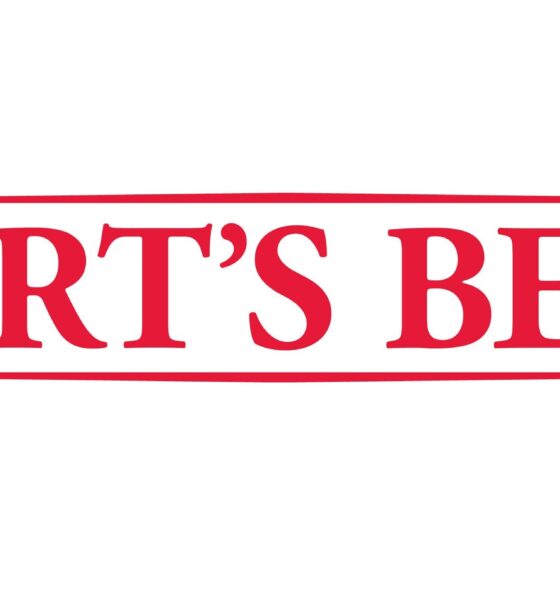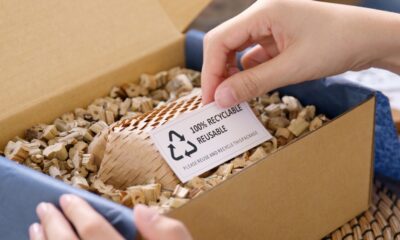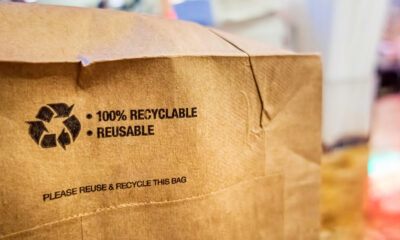

Environment
Ethical retailer of the week: Burt’s Bees
Burt’s Bees has been producing natural beauty products for 25 years, sourcing natural ingredients and committing to create a natural environment for pollinators to prosper and live.
Burt Shavitz and Roxanne Quimby created the company back in 1984 in Maine, starting with the creation of candles made by beeswax leftovers. Nowadays, it has approximately 400 employees and its products are sold in the US and in other 35 countries.
Burt’s Bees has sustainability and ethics at the core of its business. Other than using natural ingredients, the company puts no petrochemicals, no phthalates, no parabens and no sodium lauryl sulphate in its products.
It tries to include as much post-consumer recycled content as possible in the packaging and it doesn’t test its products or ingredients on animals. The company also has an extreme attention to water, energy and waste management.
Burt’s Bees admits that it uses some kind of synthetic preservatives such as phenoxyethanol and chlorphenesin for the safety and efficiency of its products, but that these have no risks for human health and it wants to keep trying to become 100% natural.
Burt’s Bees business philosophy is based on the ‘greater good’: benefit the people, the planet and make profit.
“You can’t have one without the other two. So when we look after our own, we mean everybody: our employees, our customers, our families, ourselves. And yes, our environment, too”, the firm states on its website.
Burt’s Bees has also committed to create a better environment for wild bees, populations of which have massively declined in recent years. It invites people to plant flowers or ‘adopt a beehive’.
“A world without bees is unimaginable. We won’t let it happen. We support our buzzing friends with many wonderful projects that promote honeybee health and sustainable agriculture”, it says.
“We are also continually improving our sourcing process, so that eventually each and every one of our ingredients, pollinated or not, will be vetted and accounted for.”






























